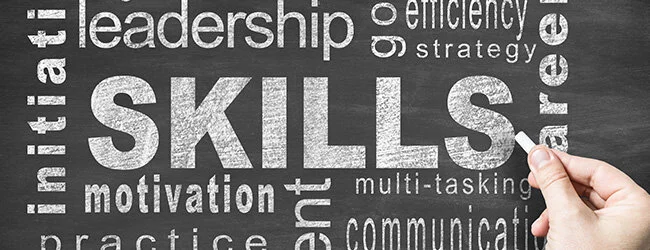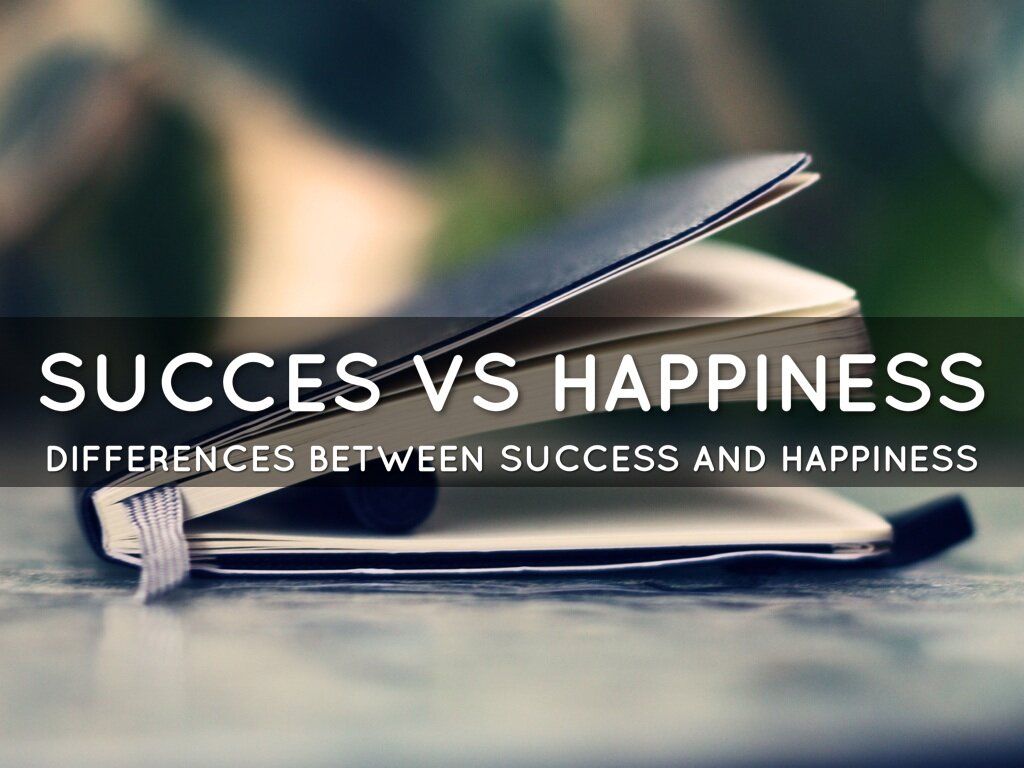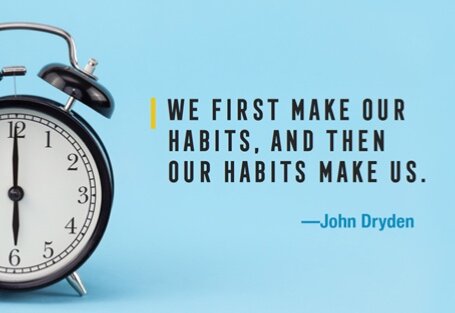A fundamental principle of micro-economics is that every choice has an opportunity cost. Economists commonly place a value on time to convert an opportunity cost in time into a monetary figure. In other words, opportunity costs represent the potential benefits an individual, investor, or business misses out on when choosing one alternative over another. I think every choice that you make is a trade-off against something else and this does not just apply to your money - it also applies to your time, energy and attention to any limited resource that you need to manage.
The idea of opportunity costs is a major concept in our lives. Saying yes to one thing implicitly means saying no to countless other alternatives and this opens us up to two questions:
What really matters to you? I do not mean what society says should and I do not eat what you previously thought may matter to you. I mean when you take that deep dive and examine yourself, what truly matters in your life.
How do you align your daily, weekly or yearly decisions in a way that reflects that?
Starting with your daily objectives, as answering these two questions is a daily practice and as lost time can be a significant component of opportunity cost, therefore, why are you waiting? Contact me via e-mail for coaching, consulting, workshops or lecturing opportunities.


























